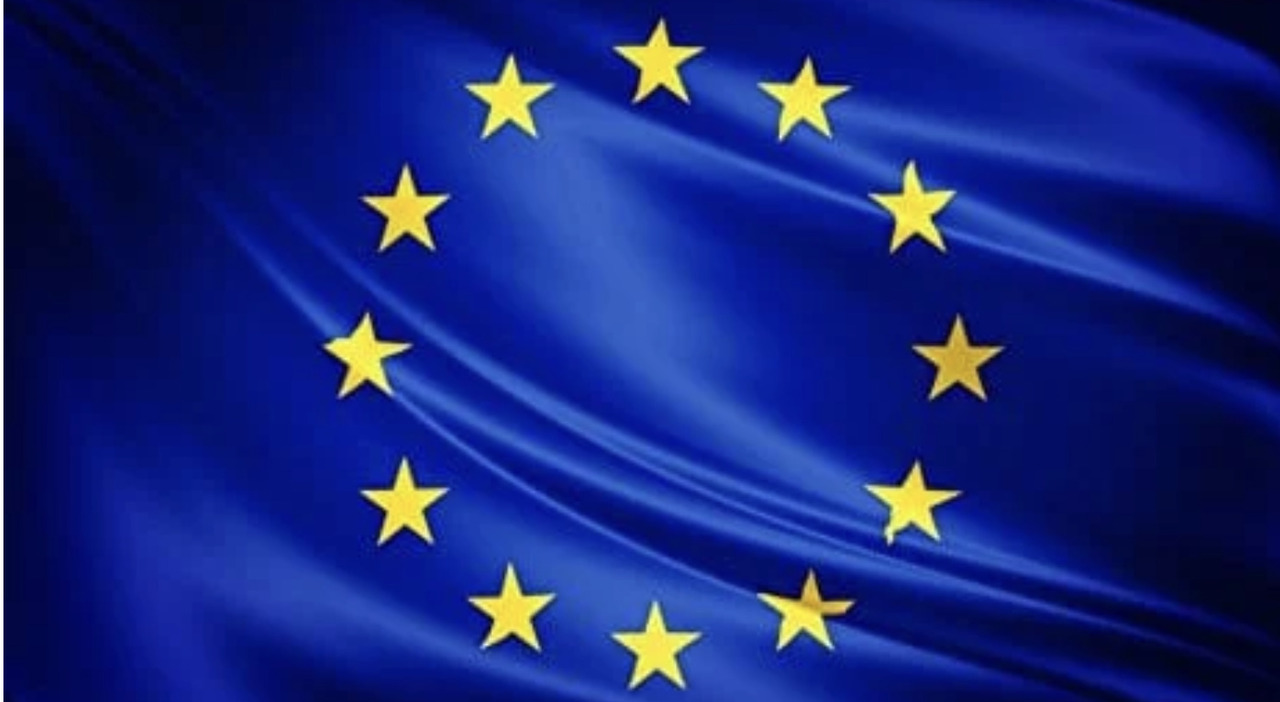Friday 22 March 2024, 19:44 - Last updated: 23 March, 10:11
"Sometimes I think that if Europe had had an army, Russia would not have attacked Ukraine. If we had had a foreign minister to whom we could entrust a common political line, we could at least have played a role in favor of the food truce, instead entrusted to Turkey," reflects Romano Prodi on the European divisions in the face of the disastrous scenario of the Russian war of aggression against Kiev. He does so in the afterword of a newly published book titled "What is Europe for us" (Marsilio, 265 pages, 18 euros) written by Emma Bonino and Pier Virgilio Dastoli, edited by Luca Cambi and with a preface by Corrado Augias, in which, starting from the history of the famous Ventotene Manifesto by Altiero Spinelli, written while he was in confinement in 1941, it leads to the great political project realized with difficulty and in stages, up to the uncertainties recently emerged, marked by cyclical waves and continuous nationalist distrusts.
The path that the fathers of Europe - Spinelli, Adenauer, Schumann, De Gasperi - had imagined for the Old Continent was that of a federalist state, a Union of countries capable of breathing together and not only of sharing the economic benefits offered by the common market, but of defending peace, coexistence among peoples, democracy, freedom, common values. Today the political and military unity among the 27 nations is still a far-off mirage however it would be enough to change perspective and realize a different future. "It would be enough for France to offer Europe the availability of nuclear weapons and its seat on the UN Security Council, thus strengthening Europe through the new European force (...) This is certainly about the cession of a part of national sovereignty, but if we want to give course to a new future that is worthy of the dream and the project of Spinelli we have to make choices as bold as the challenges that await us," notes Romano Prodi, former President of the European Commission from 1999 to 2004, and former Prime Minister twice (from 1996 to 1998 and from 2006 to 2008). In fact, no European state at present, not even powerful Germany, is able to face alone the deadly competition of superpowers like the United States and China. The challenges on the horizon are certainly not lacking starting from energy security, the climate crisis, the development of technological research, the management of the migration phenomenon. For sure, greater integration would be needed to curb the Euroscepticism that is spreading on the eve of the next elections.
Being divided, as repeated in the volume, benefits no one. "To count we cannot just rely on the common market, we need political unity," it reads, it being understood that Europe is an anchor for democracy, a beacon of example in the world to be displayed just as authoritarianisms advance in many areas of the planet. In the volume, Dastoli and Bonino retrace with acumen all the historical stages that the Union has made so far, tell behind-the-scenes stories, develop projects to better understand the game that is at stake in the European elections. "But do we really need Europe?" they ask, and the argued answer is very clear on the fact that Europe is needed and quite a lot, Now more than ever.
© ALL RIGHTS RESERVED
This article is automatically translated
